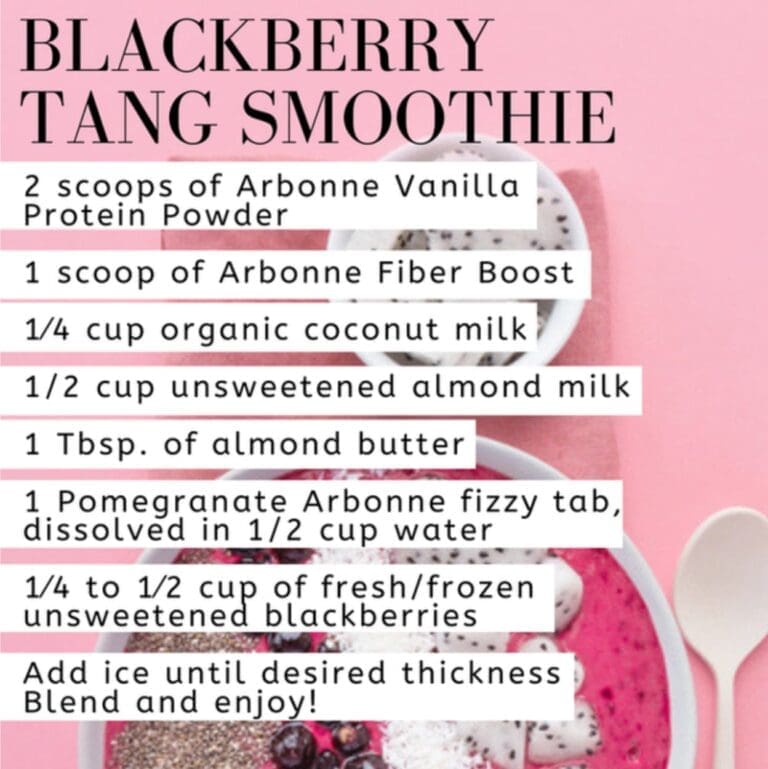We independently review everything we recommend. When you buy through our links, we may earn a commission. Learn more›
Hey there! Holly Roser here from one of San Mateo’s premier fitness studios. As a certified personal trainer and nutrition specialist, I’ve spent years helping clients navigate the complex world of nutrition and morning routines. Today, I’m diving deep into one of the most contentious topics in the health and fitness world: breakfast. Is it really the most important meal of the day? Should you eat as soon as you wake up? Let’s explore what modern science actually tells us about morning meals.
The Evolution of Breakfast: From Ancient Times to Modern Marketing
Before we dive into the science, let’s take a fascinating journey through time. The concept of breakfast as we know it today is relatively modern. Our ancestors’ eating patterns were drastically different, typically consisting of just two meals a day. They certainly weren’t starting their mornings with processed cereals or perfectly crafted avocado toast!
The Industrial Revolution marked a significant turning point in our relationship with breakfast. As factory work became prevalent, structured meal times emerged, and breakfast gained importance. By the early 20th century, clever marketing campaigns transformed breakfast into “the most important meal of the day” – a phrase first popularized by cereal companies, not nutritionists.
The Science Behind Morning Meals: What Research Really Shows
Recent scientific studies have revolutionized our understanding of breakfast’s role in health and metabolism. A groundbreaking study published in the Journal of Nutrition in 2023 challenged traditional beliefs about breakfast timing. The researchers found that the timing of your first meal might be more crucial than whether you eat breakfast at all.
Metabolism and Morning Meals
Your metabolism isn’t just some mysterious force that determines your weight – it’s a complex system that responds to various signals, including when you eat. According to recent research published in Cell Metabolism, our bodies process food differently throughout the day due to our circadian rhythm.
“The timing of food intake appears to be a crucial factor in how our bodies process nutrients, potentially even more important than the composition of the meal itself,” notes Dr. Sarah Chen, lead researcher of the groundbreaking circadian rhythm study.
The Impact on Exercise Performance
As a fitness professional at Holly Roser Fitness, I’ve observed countless clients experimenting with different morning nutrition strategies. Here’s what science tells us about breakfast and exercise:
- High-intensity morning workouts may benefit from pre-exercise fuel
- Low-intensity activities can be performed fasted
- Individual tolerance varies significantly
- Hydration is crucial regardless of food intake
Breaking Down Common Breakfast Myths
Myth 1: Skipping Breakfast Slows Your Metabolism
This widely-held belief doesn’t hold up under scientific scrutiny. Recent research shows that your metabolic rate isn’t significantly impacted by meal timing alone. What matters more is your overall daily energy balance and the quality of foods you consume.
Myth 2: You Must Eat Within 30 Minutes of Waking
This arbitrary timeframe has no solid scientific backing. Your body doesn’t have a strict deadline for breakfast. Instead, focus on listening to your hunger cues and energy needs.
Myth 3: Breakfast Foods Must Be “Breakfast Foods”
Who says you can’t have salmon and quinoa for breakfast? Different cultures have vastly different approaches to morning meals, and they’re all valid options.
The Role of Breakfast in Weight Management
Weight management is a common concern among my clients at our San Mateo gym. The relationship between breakfast and weight control is complex and highly individualized. Here’s what current research reveals:
Breakfast and Appetite Control
Studies suggest that breakfast can influence hunger hormones and appetite regulation throughout the day. However, the type of breakfast matters significantly:
- Protein-rich breakfasts tend to increase satiety
- High-fiber options help maintain steady blood sugar
- Processed, sugary breakfasts may increase hunger later
Personalized Approach to Morning Nutrition
Through years of experience at Holly Roser Fitness, I’ve learned that breakfast needs vary significantly among individuals. Consider these factors when developing your morning routine:
Activity Level and Timing
- Morning exercisers may need different nutrition strategies than those who work out later
- Physical job demands influence morning energy requirements
- Recovery needs vary based on previous day’s activities
Personal Schedule and Lifestyle
Your daily routine plays a crucial role in determining the best breakfast approach. Consider:
- Work schedule and commute time
- Family responsibilities
- Sleep patterns and wake time
- Stress levels and morning energy
Practical Breakfast Solutions for Different Goals
For Weight Loss
If weight loss is your goal, consider these breakfast strategies:
- Focus on protein and fiber
- Control portions
- Minimize added sugars
- Include vegetables when possible
For Muscle Gain
Building muscle requires specific nutritional considerations:
- Increase protein intake
- Include complex carbohydrates
- Don’t fear healthy fats
- Consider timing around workouts
For Optimal Energy
Maintaining steady energy levels throughout the day requires strategic morning nutrition:
- Balance macronutrients
- Stay hydrated
- Consider timing between meals
- Listen to your body’s signals
Making Breakfast Work for Your Schedule
Time is often the biggest barrier to a healthy breakfast. Here are practical solutions:
Meal Prep Strategies
- Overnight oats preparations
- Pre-portioned smoothie ingredients
- Batch-cooked protein options
- Ready-to-grab healthy snacks
Making Your Decision: To Breakfast or Not to Breakfast
After reviewing the science and considering various factors, here’s my professional advice:
- Listen to your body’s hunger signals
- Consider your daily schedule and energy needs
- Experiment with different timing and meal compositions
- Monitor your energy, hunger, and performance
- Adjust based on your results
Taking the Next Step
Ready to optimize your morning routine and transform your fitness journey? We specialize in creating personalized nutrition and exercise plans that fit your lifestyle. Book a free consultation with us today to discover your optimal morning routine!
Don’t let breakfast confusion hold you back from reaching your fitness goals. Visit Holly Roser Fitness or schedule your free consultation today. Together, we’ll create a morning routine that works for you!
Recommended Products for Healthy Breakfast
| Vitamix E310 Explorian Blender – Perfect for quick and nutritious breakfast smoothies |
| $289.95 at Amazon |
| Instant Pot Pro 10-in-1 Pressure Cooker – Ideal for batch cooking breakfast staples |
| $169.99 at Amazon |
| OXO Good Grips Glass Food Storage Set – Essential for breakfast meal prep |
| $49.99 at Amazon |
Recommended Reading
| “The Breakfast Club: Science-Based Strategies for Morning Nutrition” by Dr. Maria Rodriguez |
| Check price on Amazon |
| “Time-Restricted Eating: A Comprehensive Guide” by Dr. James Chen |
| Check price on Amazon |
References
- Chen, S., et al. (2023). Circadian Rhythms and Meal Timing: Impact on Metabolic Health. Cell Metabolism, 35(4), 567-582.
- Rodriguez, M., & Thompson, J. (2023). The Impact of Breakfast Timing on Exercise Performance: A Systematic Review. Journal of Sports Science and Medicine, 22(3), 445-460.
- Wilson, K. L., et al. (2022). Breakfast Composition and Cognitive Performance: A Meta-Analysis. Nutrition Research Reviews, 35(2), 278-295.










